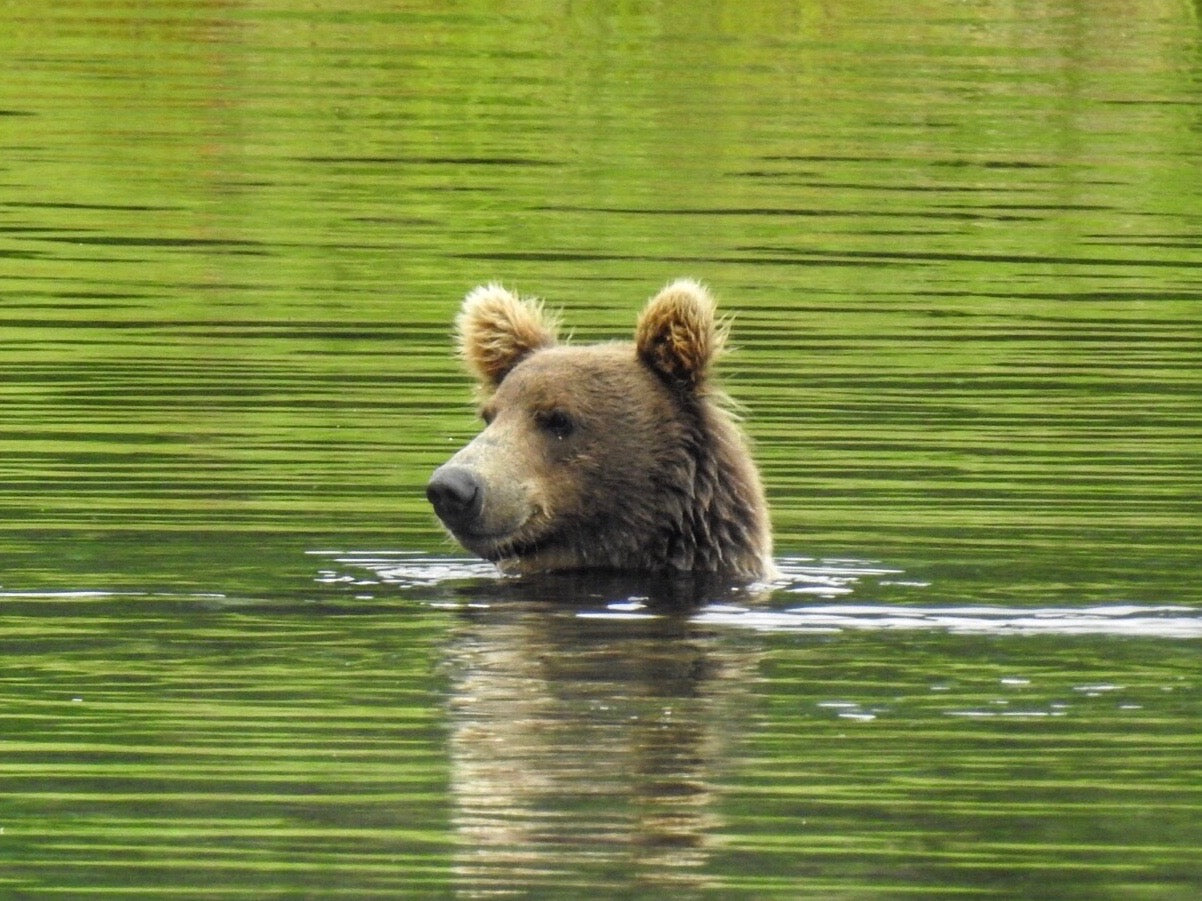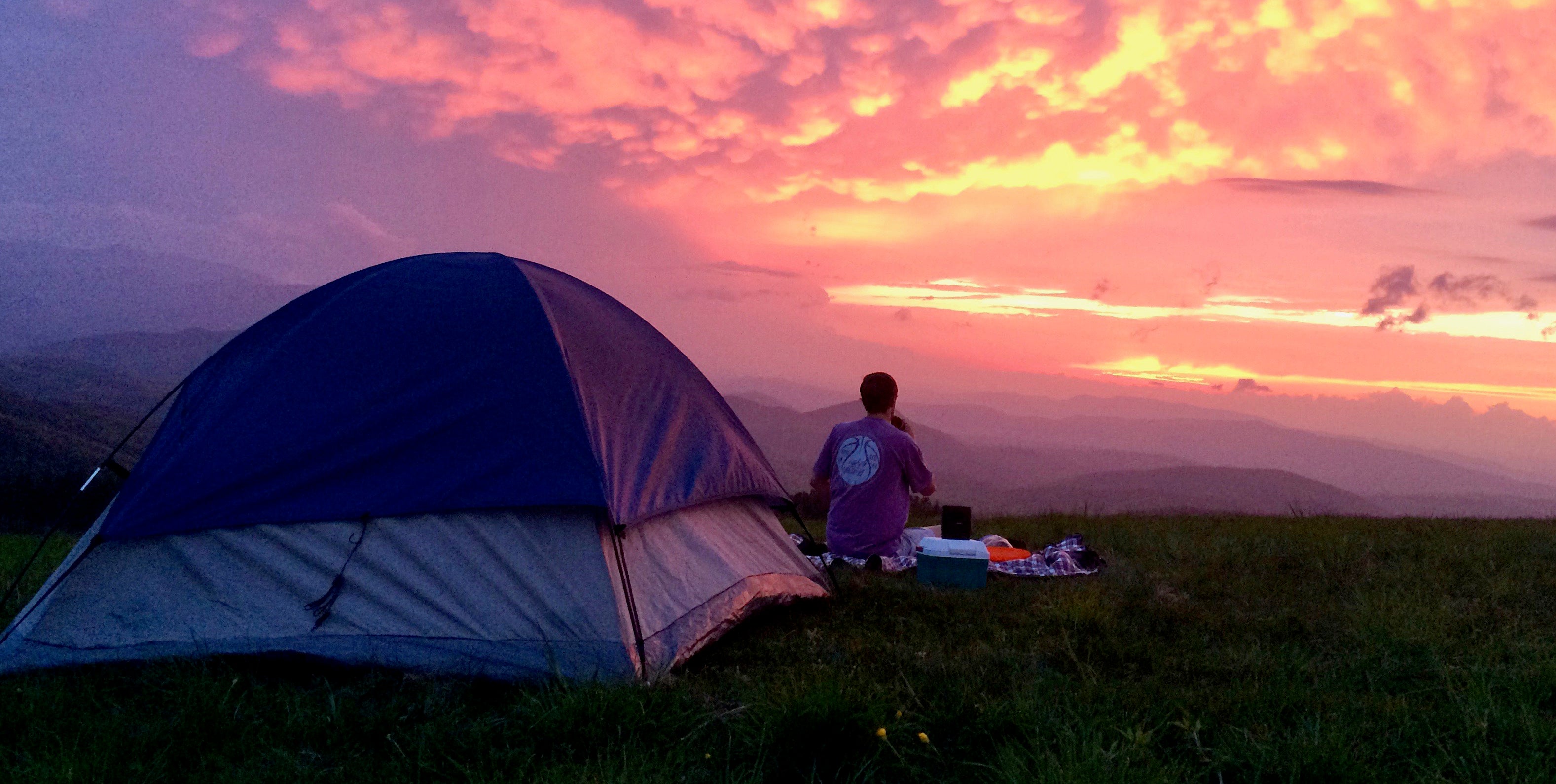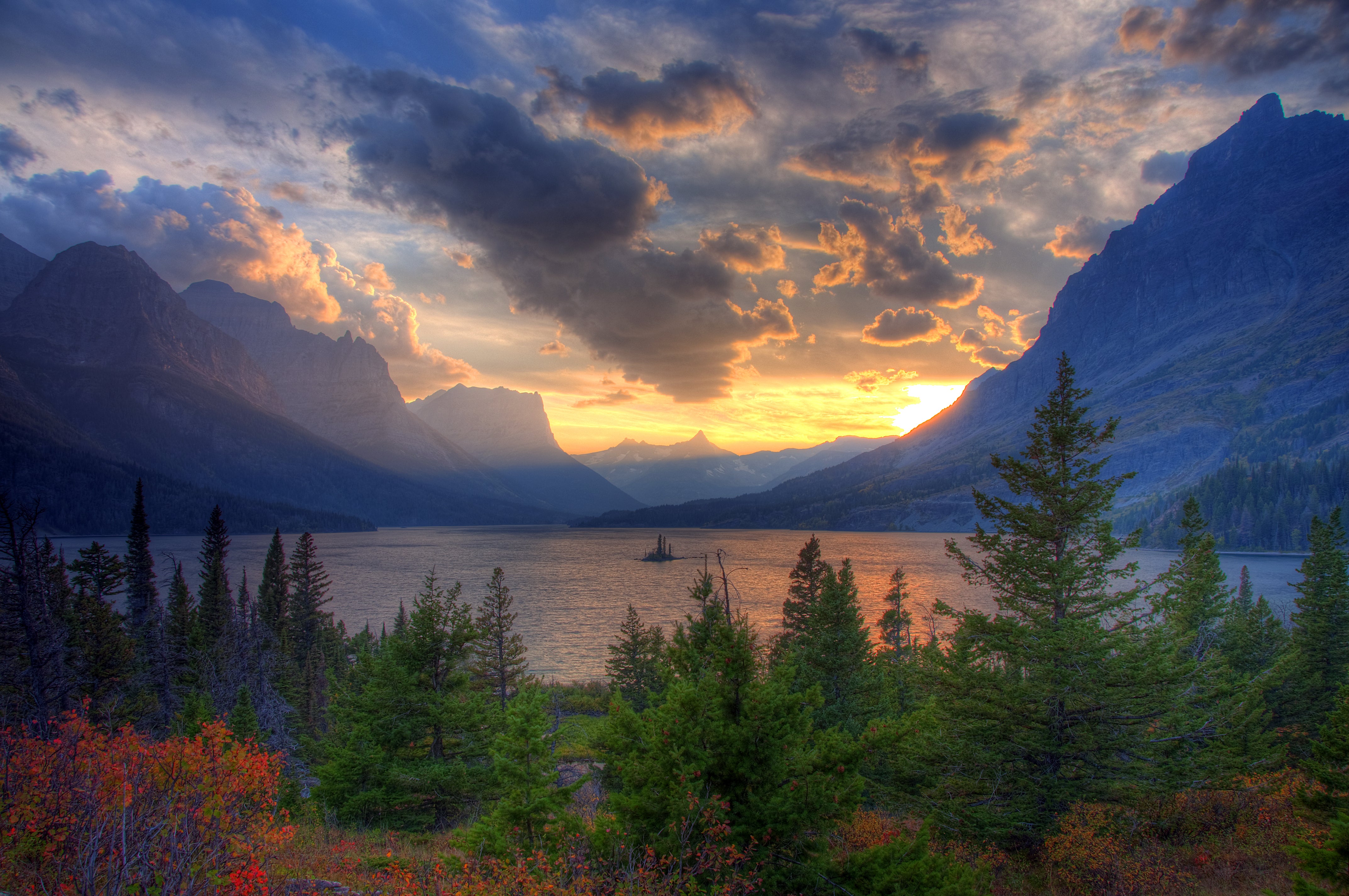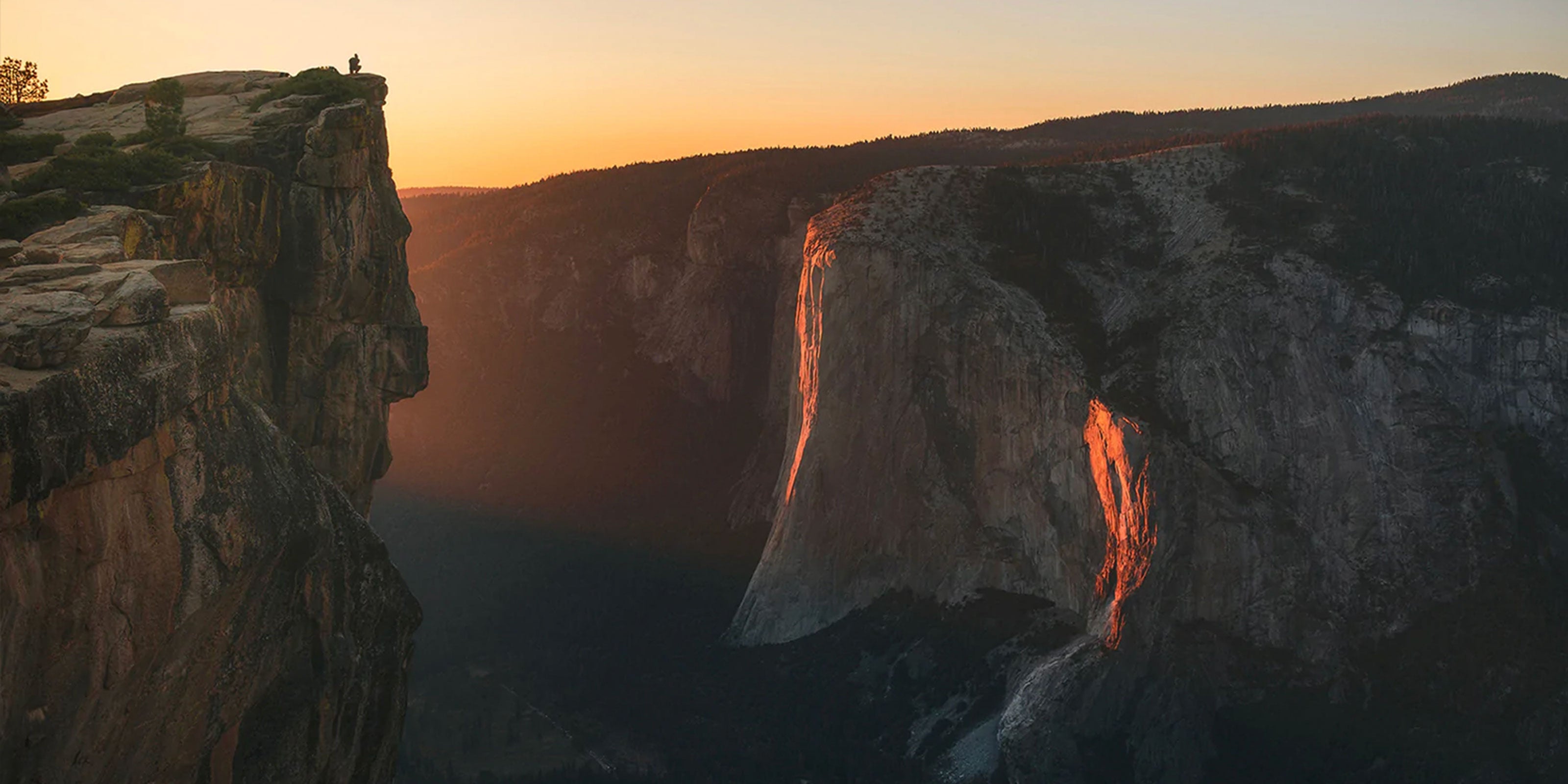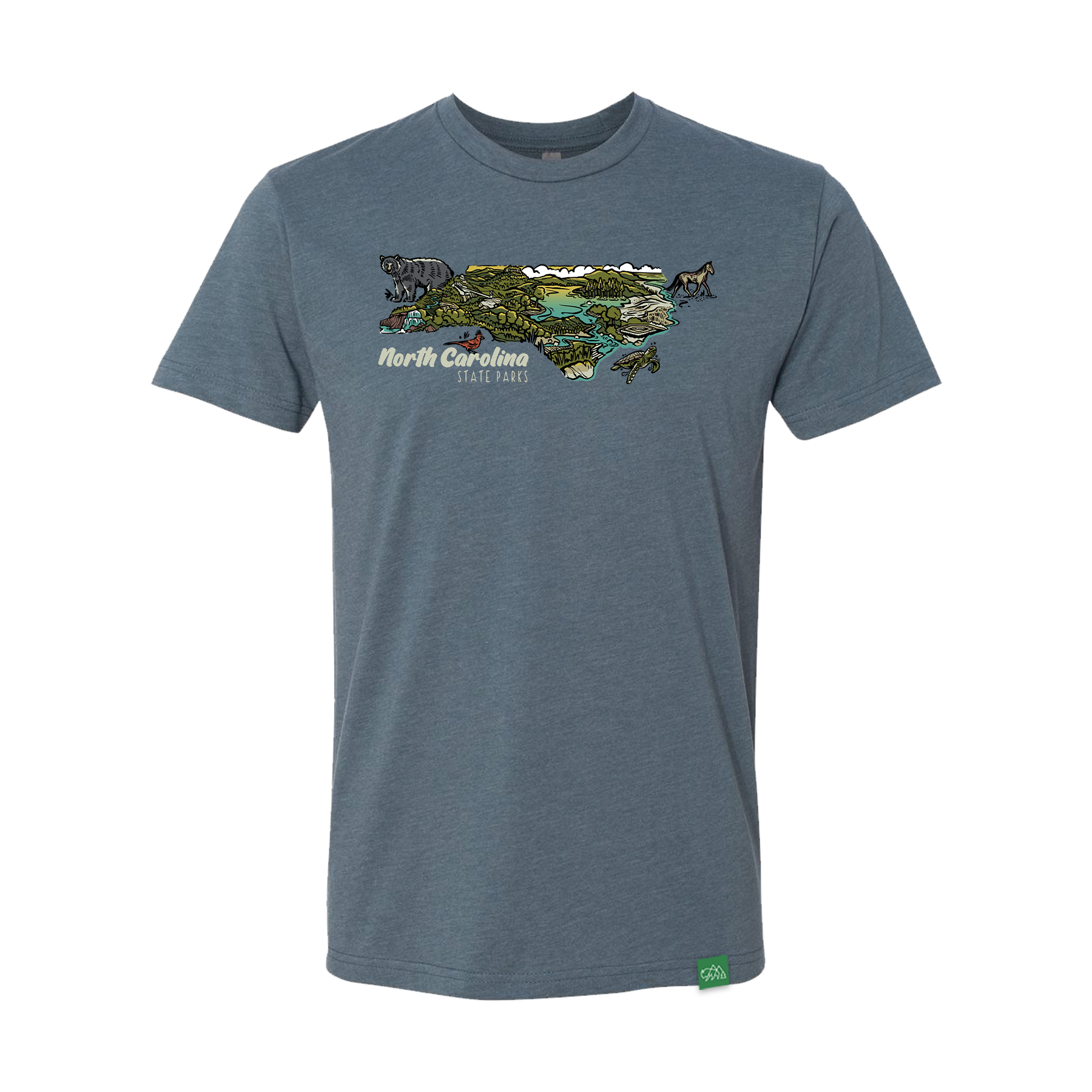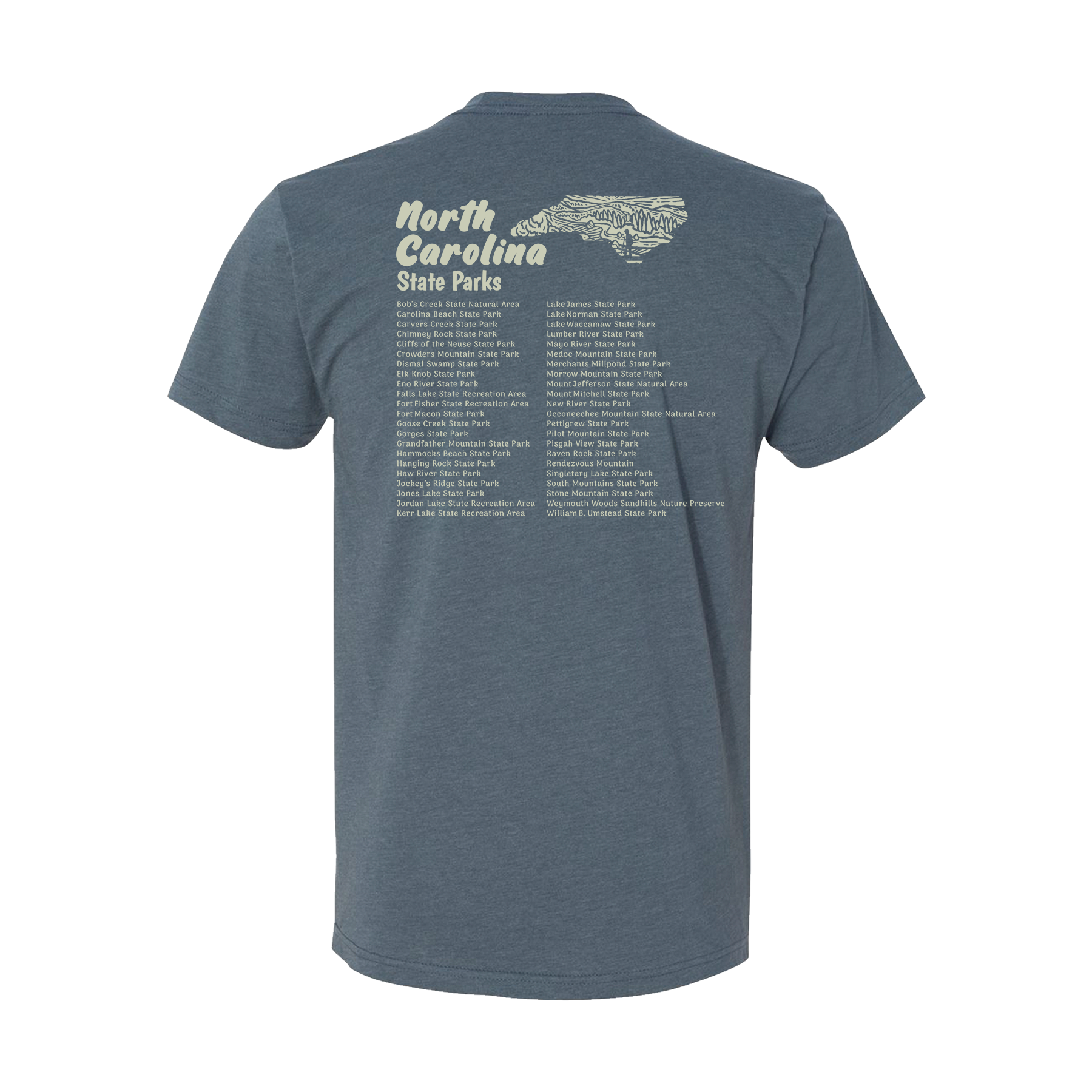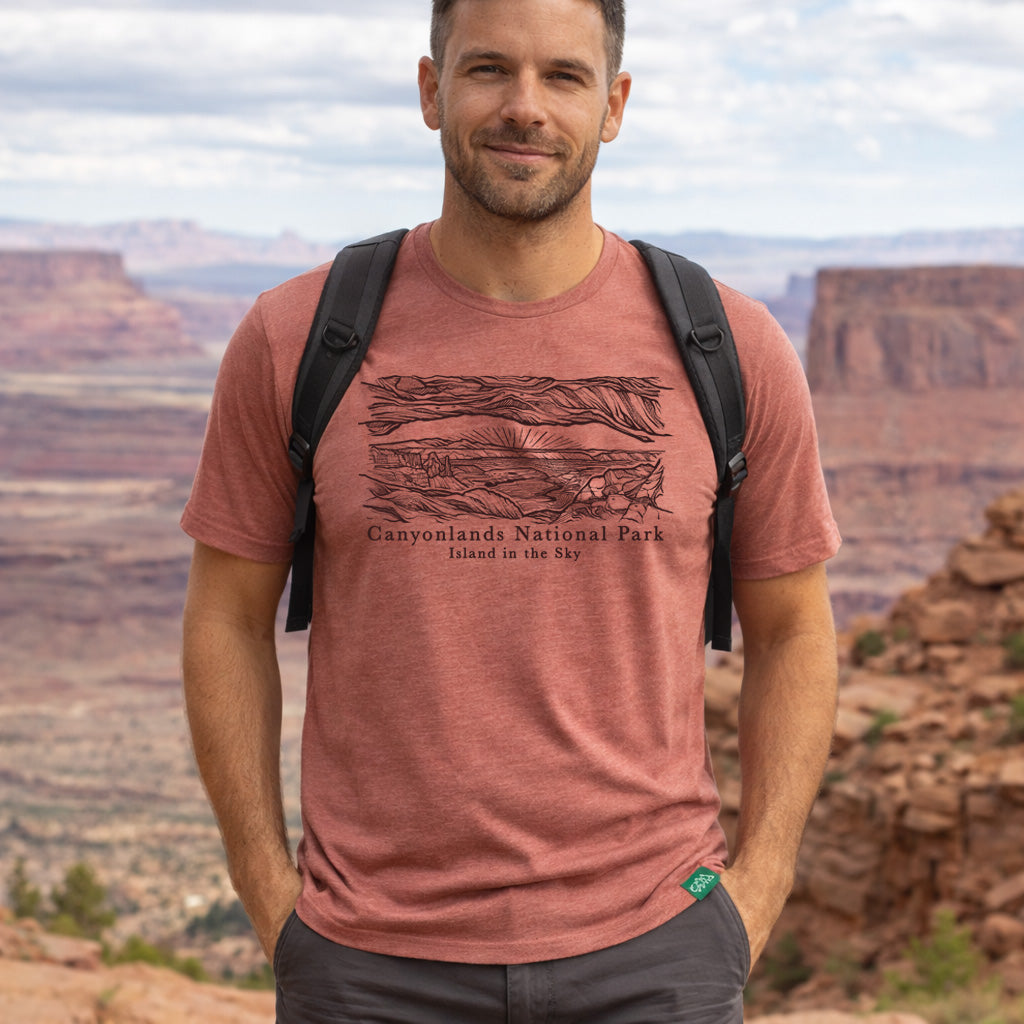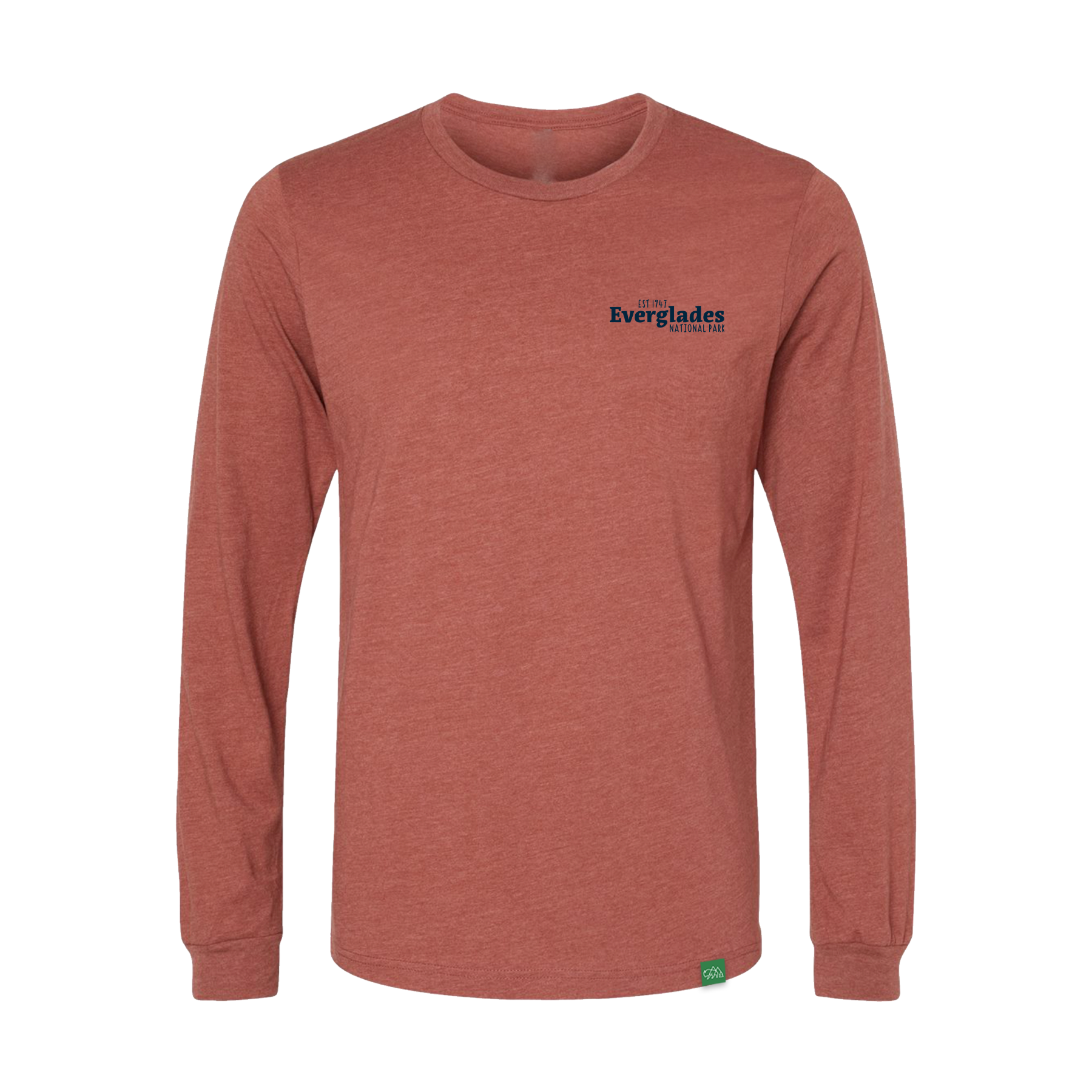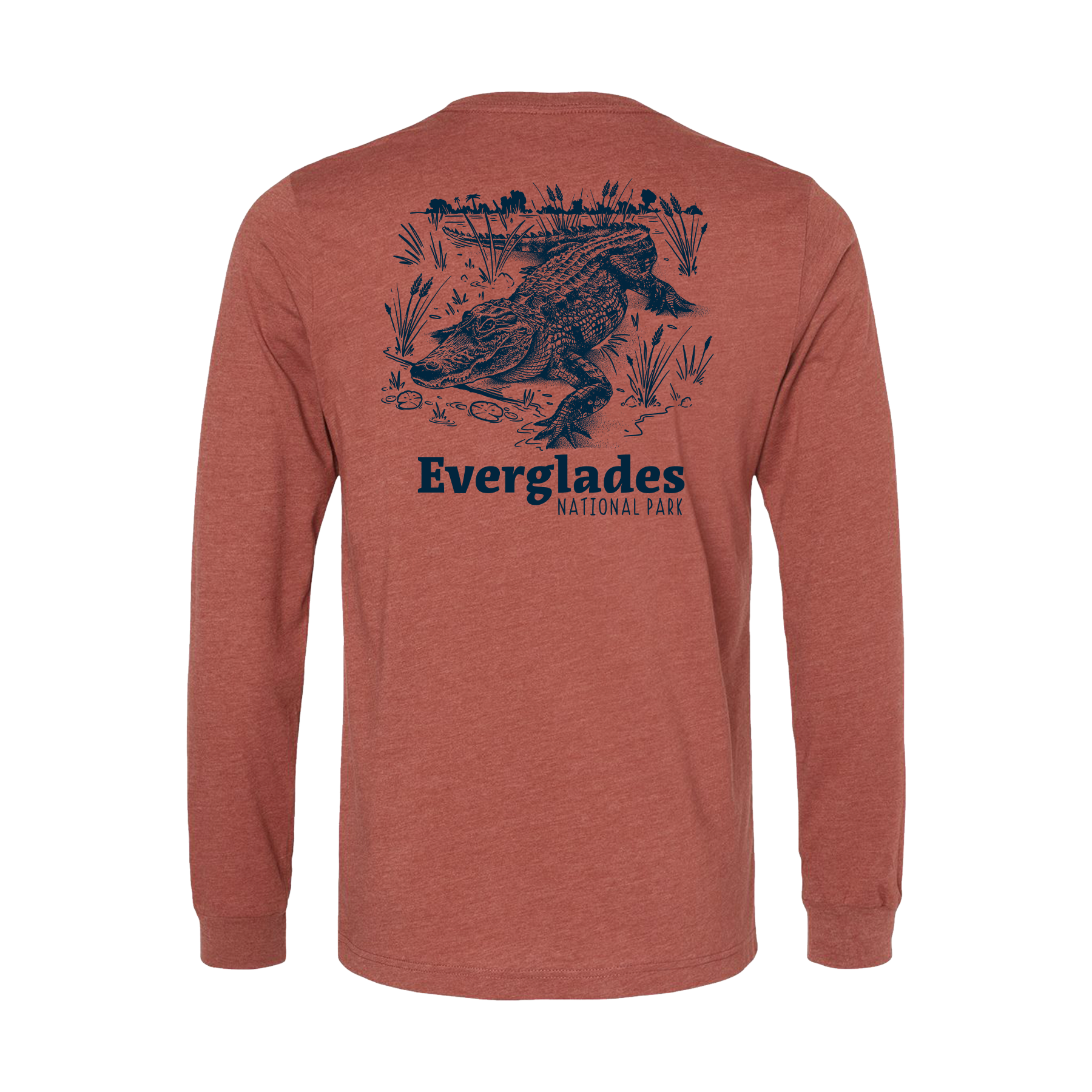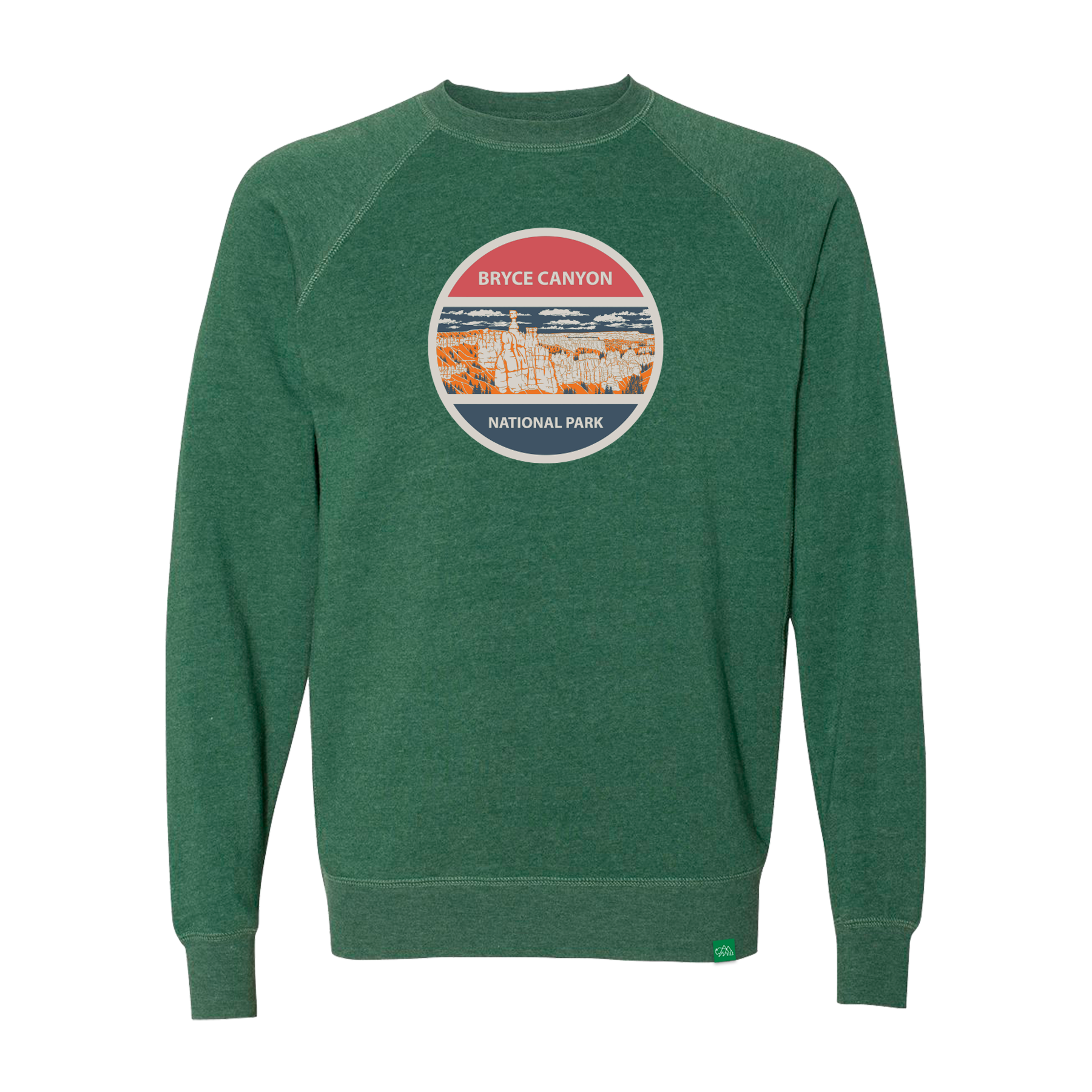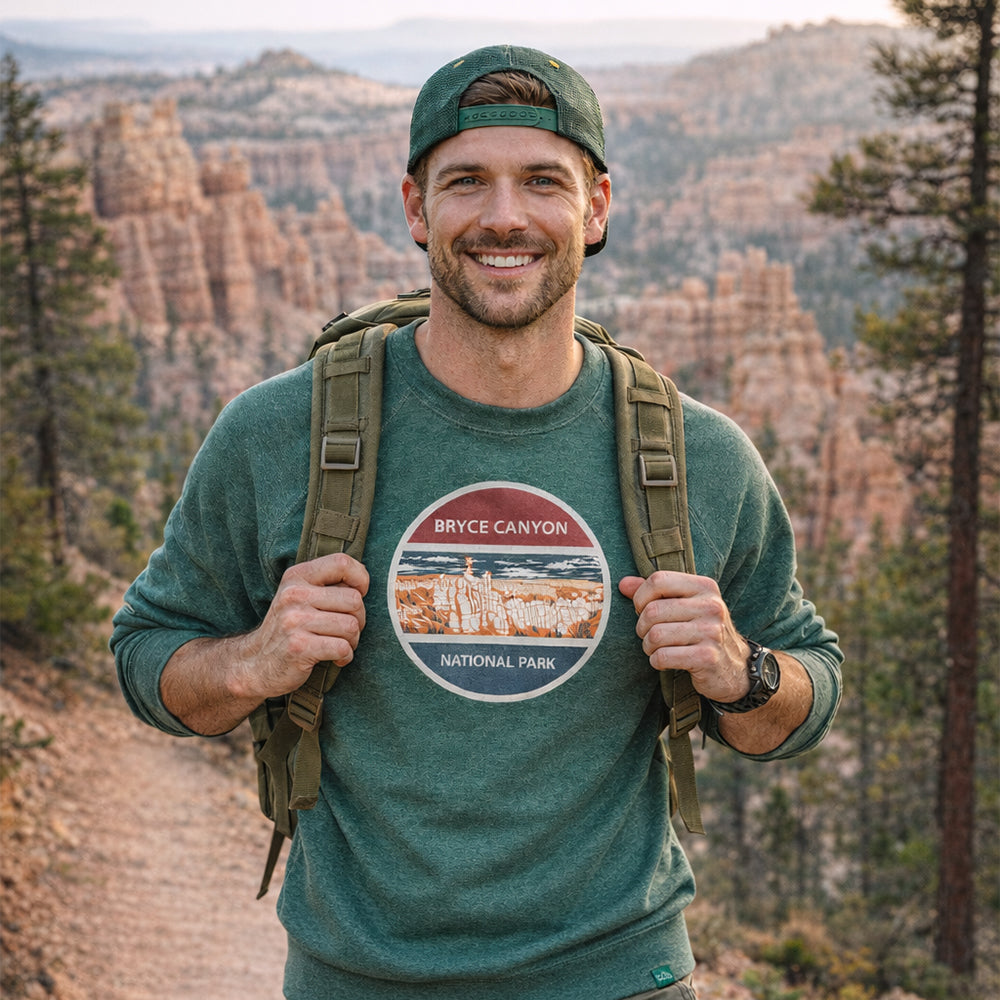There arguably isn’t a more commandeering infatuation to thought than the notion of sharing a mutual presence with a bear. Their influence imbues thoughtful consideration in planning, excitement in the possible, and primal fear if you find yourself on the wrong stroke of luck. But perhaps awe is the most consequential human emotion bears generate on the spectrum of hominid sentiment. Bears unequivocally represent wild and the fleeting ethos absent digital influence, control, and boundaries.
North America’s charming omnivore laced with folklore of man-eating beast is commonly misunderstood, and increasingly in danger of losing its habitat from human infringement. To exacerbate matters, negligent human influence within their natural, protected environment further hinders the prosperity of the ursus genome. It is true, the less you know about bears, the more likely you are to be afraid of them. But ignorance fuels a much more troublesome dynamic to the relationship between bears and humans.

Photo Credit: @Roam4Reason
From driving too fast on roads that intersect bear habitat to eluding common food storage principles or simply not respecting the ideology of co-existing, we long have been the root of bears’ teetering demise. How can this be considering the ultimate wildlife experience for many is safely viewing a bear in its natural element? Fortunately, it’s not all bad news. In fact, bears have made an encouraging comeback to their home range in many regions where transgressions from early settlers significantly decreased their numbers, which makes it all the more important to coincide harmoniously.
The Wild Tribute team has had its own share of bear encounters spanning from finding fresh bear saliva on our tent door in Gates of the Arctic to having nothing but the nylon walls of our tent separating us from a hungry bear seeking a midnight snack in the Great Smoky Mountains. The former being an example of a positive encounter (albeit nerve-racking) where the bear moved on from a “curious” object near the trail but ultimately prioritized other interests not having been conditioned to humans. The latter being an instance that everyone fears and was the result of poor etiquette from a previous camper who decided dumping leftover grease in a backcountry campsite was a good idea (which we learned to our chagrin the following morning).

Photo Credit: @Roam4Reason
We’ve practiced the arduous golden triangle in Alaska’s bush. Similarly, we’ve complied to food hanging systems in Yellowstone and Glacier’s backcountry. We’ve utilized food storage lockers in place of our vehicles within campgrounds in Yosemite and Great Smoky Mountains. None of which are convenient, nor particularly fun. You learn by doing, but when armed with wisdom and the notion of accountability, mistakes are mitigated and responsibility takes hold. Process becomes practice and advocacy follows.
Government agencies and their partners do their collective part to educate and provide ample warnings of the repercussions of inappropriate etiquette, inclusive of citations and fines, but what appears common sense evolves to something less as one learns the patience, care, and commitment required to maintain a healthy buffer between human and bear. What can we do to change behavior more progressively that doesn’t inherit as much chance or risk relative to the reactive alternative of learning by mistake?
We found an encouraging solution within the Smoky Mountain BearWise Community Task Force. The Task Force is a small group of regional business leaders and engaged citizens who are on a mission to minimize the potential for human–bear conflicts in the gateway communities of Great Smoky Mountains National Park. Education and the basis of community are the chosen agents of change leveraged by the Task Force, which is advised by the influence and expertise of the Great Smoky Mountains Association, Appalachian Bear Rescue, National Parks Conservation Association, National Park Service, and Tennessee Wildlife Resource Agency. The goals of the Task Force include finding new ways to reach visitors, including but not limited too, handouts at rental cabins and opportunistic placemats at restaurants that quickly teach people about bear behavior. Other objectives focus specifically on those who live and work in the community - in particular, expanding the requirements (or obligation thereof) for bear-proof trash containers.

Photo Credit: @Roam4Reason
In partnership with the Great Smoky Mountains Association, we were privileged to help further the cause of the BearWise Community Task Force with financial support from our 4 the Parks donations. One may argue, the legacy of our wild lands lay within the legacy of our bears within. We’re not opposed. We encourage you to do your part from becoming an enlightened BearWise steward and even contributing a financial donation yourself specific to any other campaign dedicated to keeping bears wild (learn more about our previous contribution to the Bear Boxes in Yellowstone National Park).
Although we can claim the wild as public lands that inherently belong to us as Americans, we know the wild is not our home. It was first the bears, and then ours to share. We can and MUST do better on the trail, in our parks, and in the community. A bear shouldn’t suffer from avoidable neglect. Lets hold each other accountable, 4 the Parks!
Great Smoky Mountains Association is a nonprofit cooperating association, and as such is one of the National Park Service’s oldest and most enduring partnerships. The primary purpose of GSMA is to support the scientific, historical and interpretive activities of Great Smoky Mountains National Park by providing educational products and services to park visitors.

